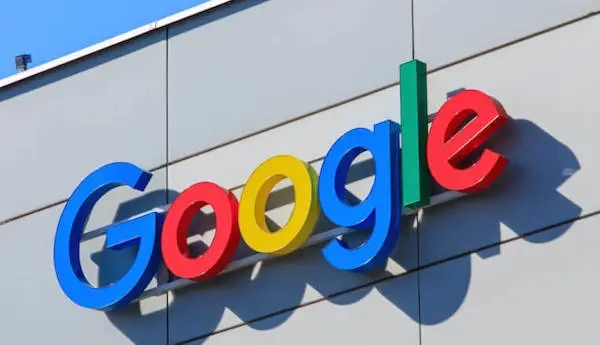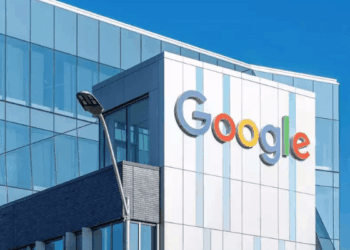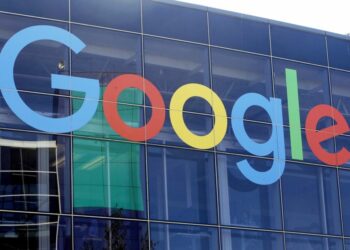In a move to enhance transparency and combat misinformation, global search giant Google has announced its plan to mandate verified election advertisers to incorporate “clear and conspicuous” disclosures when their advertisements feature AI-generated content.
This significant requirement comes as artificial intelligence grows in prominence in the lead-up to the 2024 presidential election in the United States, Forbes reports.
The updated policy, part of Google’s efforts to maintain integrity during political campaigns, is scheduled to be implemented in mid-November.
It will necessitate advertisers to prominently display these disclosures on images, videos, and even audio content.
However, AI-generated content that is deemed “inconsequential to the claims made in the ad,” such as colour corrections, image resizing, and cropping, will be exempted from this requirement.
Notably, this disclosure requirement extends to political campaigns uploading videos on YouTube, provided they are paid advertisements. Nevertheless, videos that are not part of paid advertising, even if uploaded by political campaigns, will remain exempt from this rule.
To run election ads on Google, advertisers are already obligated to undergo a verification process that collects essential information from applicants. Enforcement of the new disclosure rule will involve a combination of human oversight and technological tools.
Backstory
In recent times, Google, like many other tech companies, has faced scrutiny regarding its handling of misinformation. Particularly, YouTube, which has been owned by Google since 2006, garnered controversy after announcing that it would cease taking down content containing false claims about the 2020 presidential election.
This decision came amidst claims by former President Donald Trump of widespread voter fraud in an election he still maintains was rigged. YouTube justified this decision in a blog post by stating its intention to protect its “community” and foster “a home for open discussion and debate.”
Furthermore, in 2020, Google faced criticism for its perceived slow response in removing or labelling videos containing election misinformation.




















